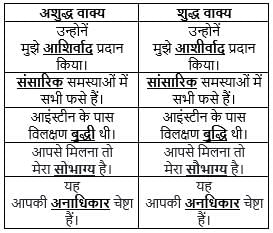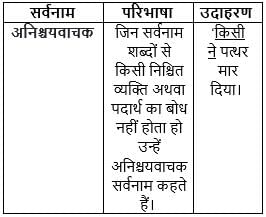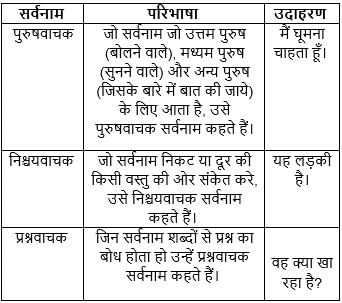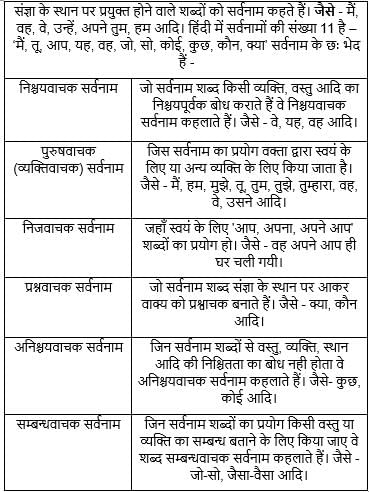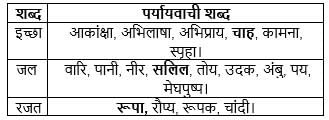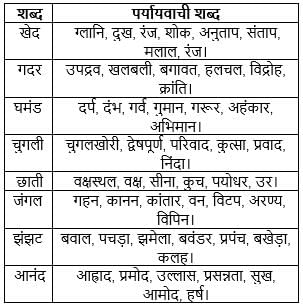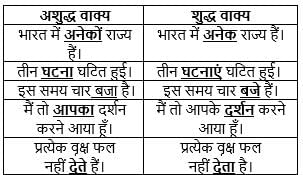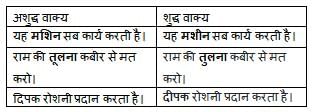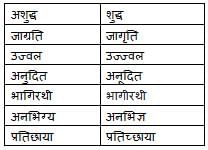SSC JHT Mock Test - 3 - SSC Junior Translator MCQ
30 Questions MCQ Test - SSC JHT Mock Test - 3
Change the following sentence into indirect speech:
Tom said, "I woke up feeling ill, so I didn't go to work."
Parts of the following sentence are given as options. Identify the part that contains a grammatical error. If there is no error, select 'No error'.
The objective was to / dispose off a cargo of cotton which/ I had brought from Mumbai port.
A sentence is divided into four parts as shown below. Select the part of the sentence that has a grammatical error.
Raavi (A)/ has been lived (B)/ in the city (C)/ for the past seven years.(D)
Select the most appropriate option that will fill in the blank number 5.
Select the most appropriate option to fill in blank number 2.
Direction: Select the most appropriate indirect form of the given sentence.
Mohan said, "Rakesh always means what he says."
Which of the following is NOT necessary to grow a micro forest?
The Miyawaki method of planting micro forest was designed by:
दिए गए वाक्य में से गलत वर्तनी ज्ञात कीजिए।
श्रुति की दुखभरी कहानी सुनकर मेरी आँखों से आंसु बहने लगे।
‘किसी ने पत्थर मार दिया' - रेखांकित पद में कौन सा सर्वनाम है ?
अनुच्छेद के निम्नलिखित वाक्यों को सही क्रम में लगाएं
(A) इसका सबूत जिले के विभिन्न स्थानों पर पाए जाने वाले शिलालेख, सिक्के, (दुर्गा मंदिर) व अन्य वस्तुएं हैं जिनका संबंध समुद्रगुप्त, चन्द्रगुप्त और स्कन्दगुप्त के शासन काल से था |
(B) सिंग्रामपुर में मिले पौराणिक काल के पाषाण हथियार इस बात का साक्ष्य हैं कि यह स्थान करोड़ों वर्ष पहले से मानव सभ्यता का पालना रहा है
(C) 5वीं शताब्दी में यह पाटलिपुत्र के भव्य एवं शक्तिशाली गुप्त साम्राज्य का हिस्सा था |
(D) दमोह का इतिहास बहुत प्राचीन है |
"जो सोवेगा सो खोवेगा, ज़ो जागेगा सो पावेगा।' किस सर्वनाम का उदाहरण है?
गद्यांश के अनुसार, सत्संग के प्रभाव से मनुष्य को किस प्रकार का लाभ होता है?
दिए गए वाक्य का वह भाग ज्ञात करें, जिसमें कोई त्रुटि है।
शेर को देखकर उसका प्राण सूख गए और वह बेहोश हो गया।
निम्नलिखित प्रश्न में, चार विकल्पों में से, उस विकल्प का चयन करें जो रिक्त स्थान के लिए उपयुक्त शब्द का सही विकल्प है।
शीलयुक्त व्यवहार प्रत्येक व्यक्ति के लिए _________ है।
दिए गए विकल्पों में से शुद्ध वर्तनी वाले विकल्प का चयन करें।
प्रस्तुत अनुच्छेद में किसके सीधेपन के बारे में बताया गया है?



